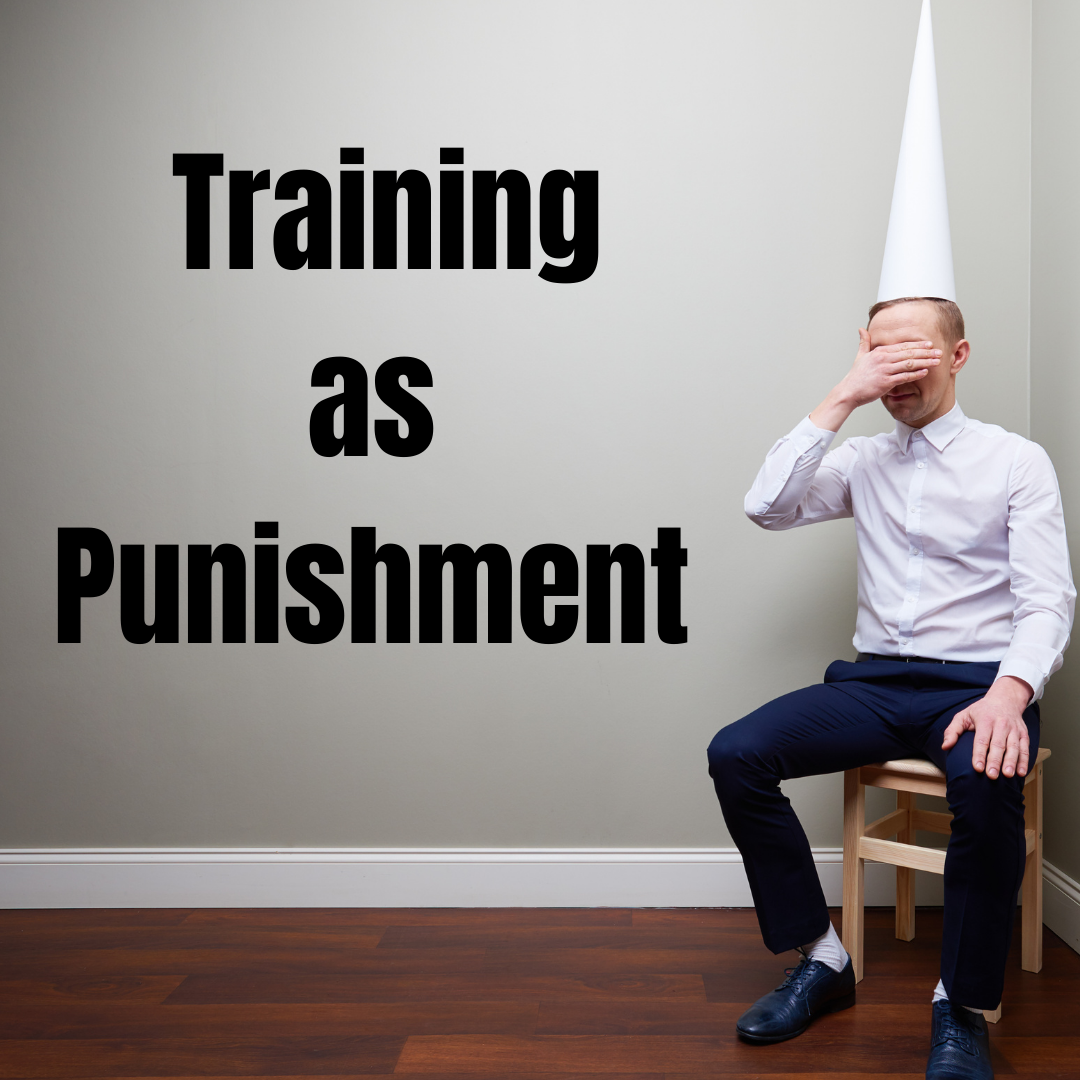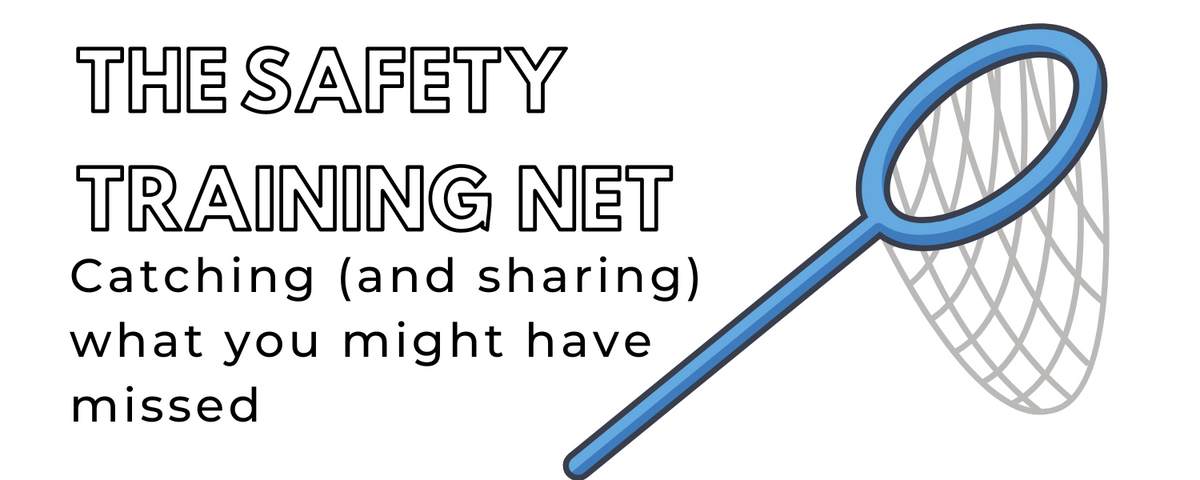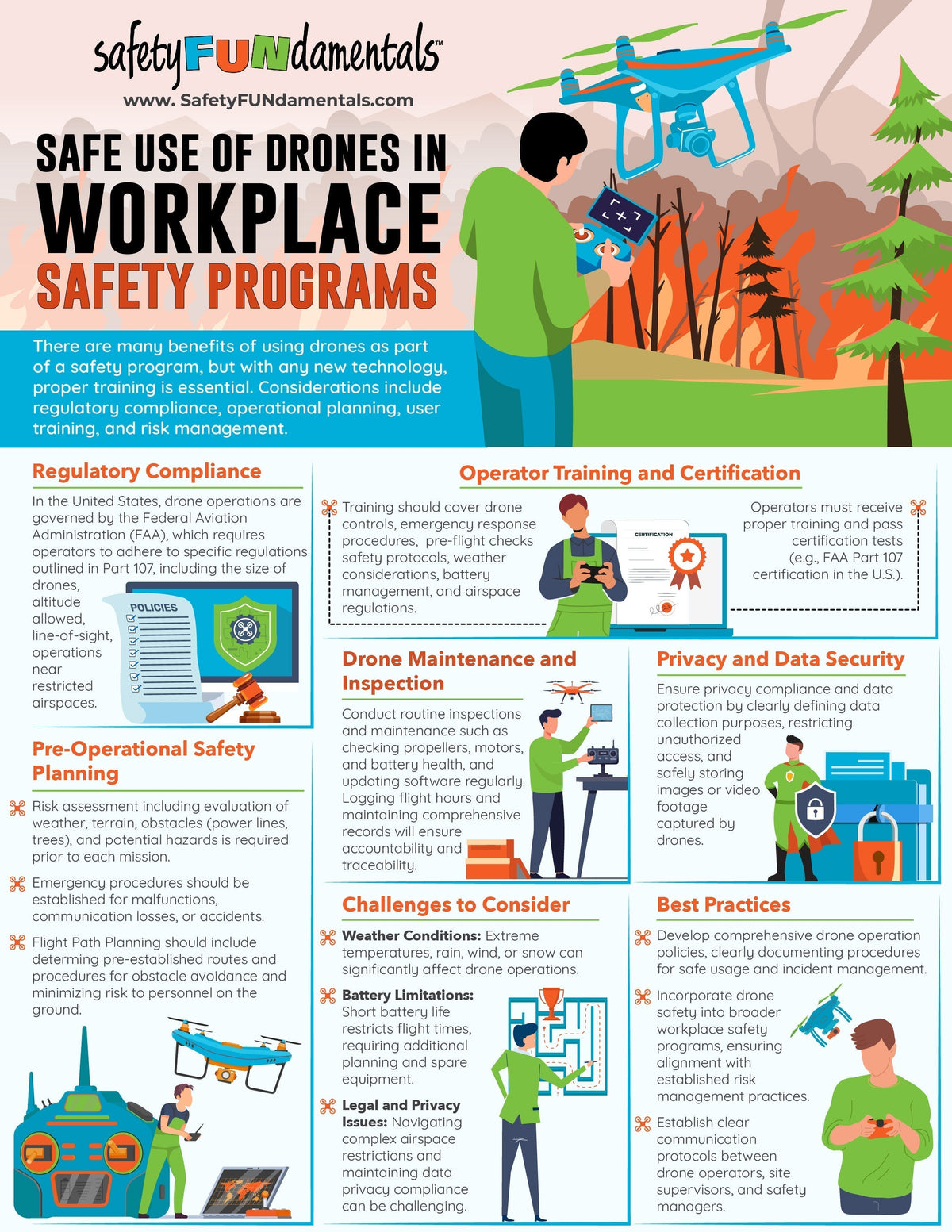Training as Punishment

When reviewing an accident investigation form, how many times have you seen the suggested corrective action listed as re-training? Often this is because a Supervisor often thinks that re-training is really the best solution especially if the accident is believed to have happened because information that an individual should have learned in a training class was not applied and therefore, an accident occurred. Suggesting re-training as the corrective action is a fast and easy response even if it is not likely to solve the problem or prevent future similar accidents from occurring. Training is beneficial when there is a lack of knowledge or skills and if an employee has those but fails to use that knowledge and those skills correctly, training or re-training is not the answer.
When reviewing an accident investigation form, how many times have you seen the suggested corrective action listed as re-training? Often this is because a Supervisor often thinks that re-training is really the best solution especially if the accident is believed to have happened because information that an individual should have learned in a training class was not applied and therefore, an accident occurred. Suggesting re-training as the corrective action is a fast and easy response even if it is not likely to solve the problem or prevent future similar accidents from occurring. Training is beneficial when there is a lack of knowledge or skills and if an employee has those but fails to use that knowledge and those skills correctly, training or re-training is not the answer.
Training and re-training should not be used as a punishment and often, training is not the answer for a variety of safety problems. If training is thought of as a punishment, any future new training you try to get the workforce excited about will not be seen in a positive light. An important part of increasing the amount of information trainees remember and use back on the job is getting them motivated to learn in the first place. Once training is used as a weapon, it is going to be very difficult to flip the coin and get trainees excited about attending any training in the future. Additionally, if you found yourself forced into a training situation because of something you did wrong, what is your mindset going to be like? In order for training to be effective, trainees need to be comfortable, both mentally and physically. If a trainee feels as if they are "sitting in the corner wearing a dunce cap," very little of the training is going to be absorbed, and the cycle starts again. Additionally, future training initiatives will be affected as well. Do not use training as a punishment and if you already do, stop and start working on your way to building a safety training program that does more than just allow a company to check off boxes.
Want more great safety training tips? Sign Up for my free safety training newsletter - the Safety Net - by clicking here.
Leave a comment
Comments will be approved before showing up.




